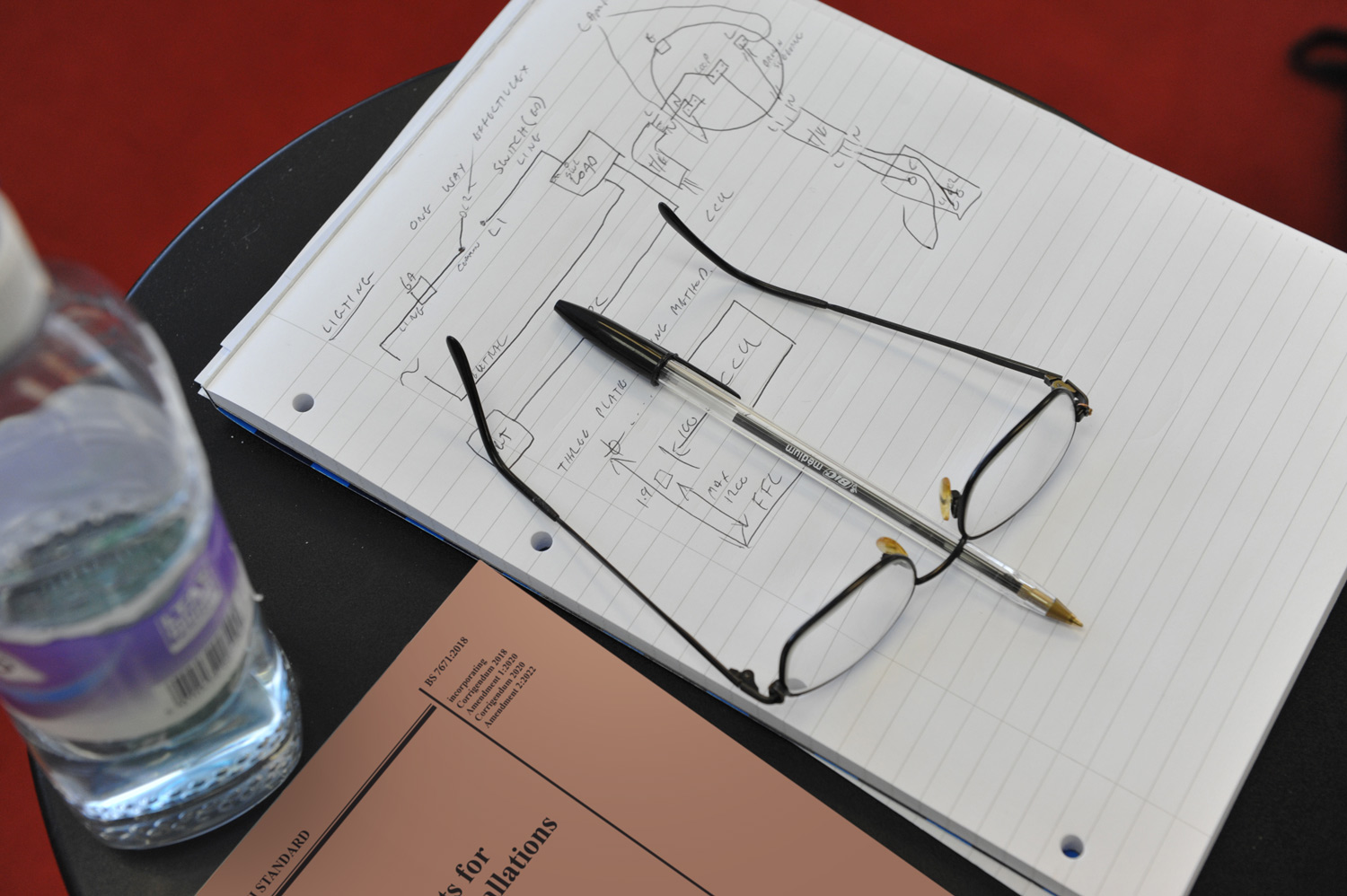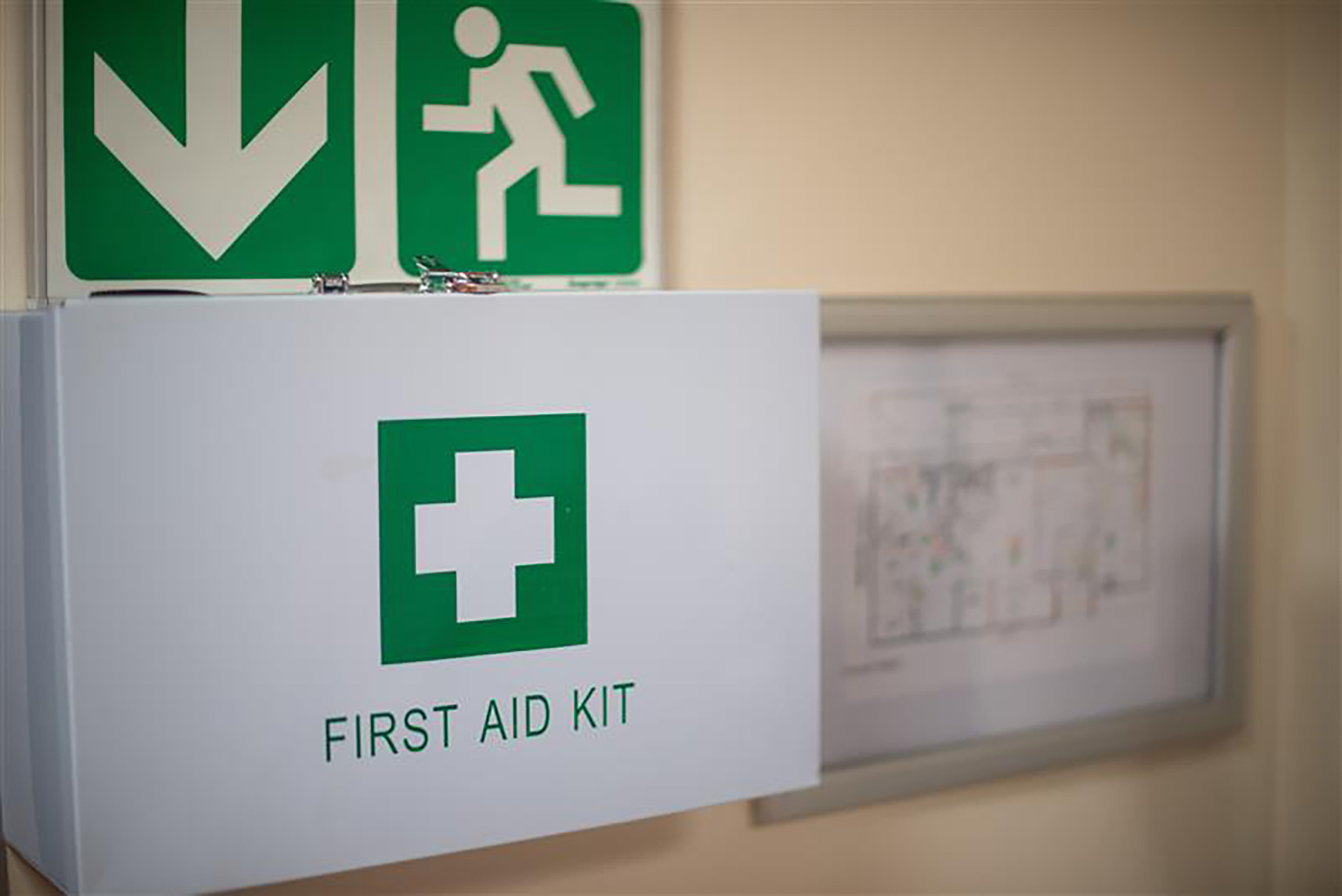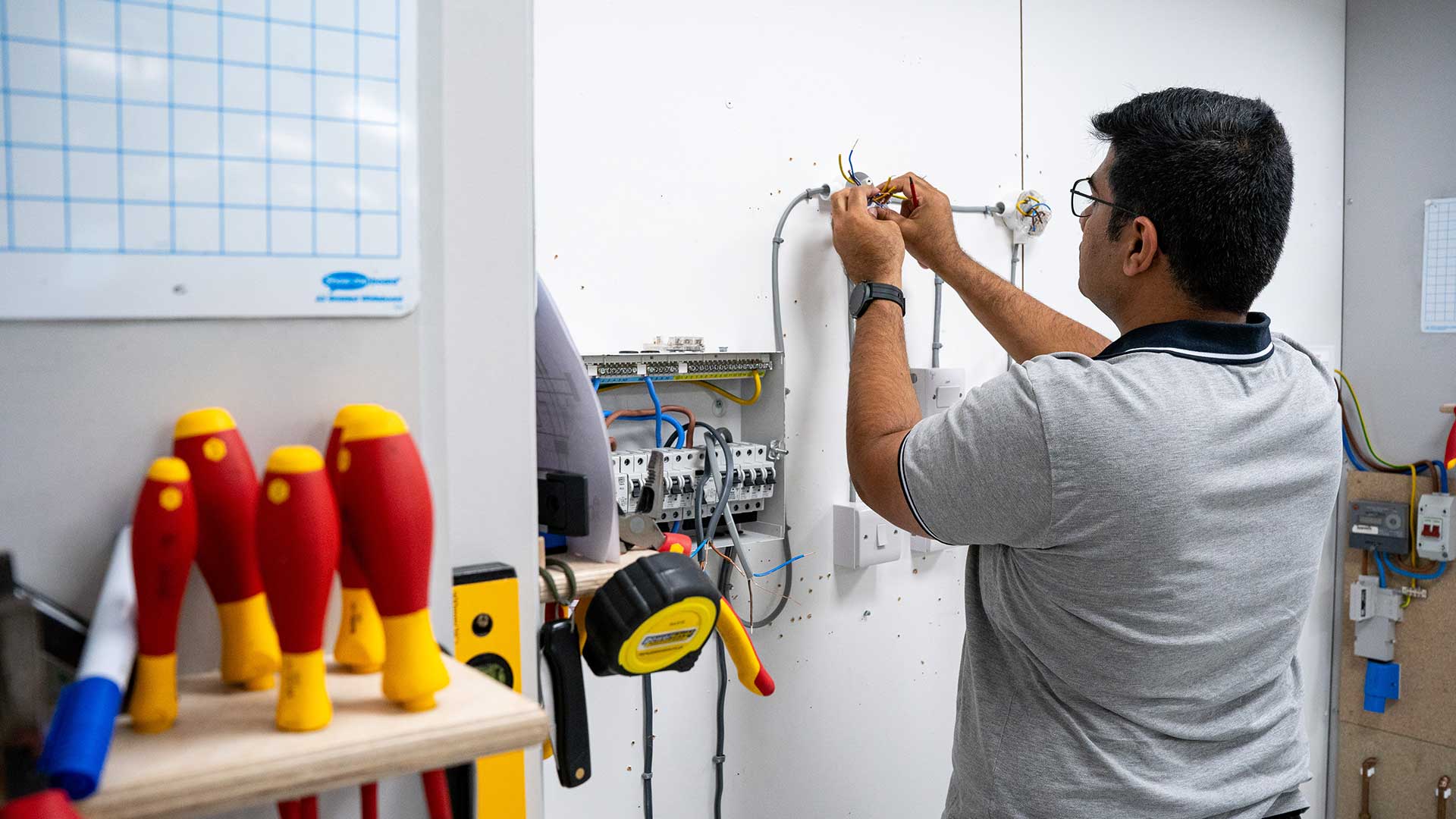Tools are expensive so you need to be sure that the tools you buy are going to be useful and a sound investment.
Practically every advert out there does a great job of persuading us that the latest tool is a must have, however it is important that your electricians toolbox contains a great mix of all round tools without spending money on tools that seemed a good idea at the time but don’t really get used.
We asked a selection of experienced electricians what their ‘must have’ tool is, and created a definitive list of tools that no electrician should be without. We class ourselves as listaholics at Trade Skills 4 U, so what better way of bringing you the definitive tools of the trade than in the form of a list! (well, it suits us down to the ground anyhow!)
The ‘Top 10’ Definitive Tools of the Trade


A tester is a tool kit essential. Well known tester brands include Megger, Univolt and Metrel. It is important that any tester you purchase is GS38 compliant. Megger come highly recommended by us here at Trade Skills 4 U as well as being a well known brand within the electrical industry. Another important reason to have a tester here at the number one slot is that you should not touch anything electrical that your tester has not touched beforehand!


There is not much you can do without them. However, having the right sized screwdrivers that are of a decent quality so that they last; as well as being capable of performing to a high standard and therefore enabling you to do the job well is an important consideration also.


A good all round tool to help with a whole multitude of tasks from chasing walls and socket boxes. Also use it to knock in wall plugs when you have drilled the walls. As an electrician you would not use the hammer on it’s own, however it is a must have tool to use alongside other tools.


Slightly more obscure is the use of a snake light with a mirror which is great if you are struggling to find a route for your cables and is especially useful in homes that have been extended and have different floor levels. It is also useful for looking inside walls and tight spaces.


A set of spanners is much better to have in your toolbox than an adjustable spanner described by one electrician as ‘a pain in the neck!’


Knipex snips are a brand of side cutters used to cut cable. Knipex are the ‘must have’ brand if you are looking for quality and reliability.


A head torch is definitely useful if you are working in dark areas as it keeps your hands free for using…..more definitive tools of the trade! 🙂


Don’t forget you’ll need a toolbox to keep all you tools in! Don’t just opt for one though. For second fixes, a light tool box – enough to carry sleeving and a few hand tools will do just fine. Some electricians opt for a tool belt for carrying out second fix work. For first fix work, you will need (probably more than 1) heavy duty toolbox which will be suitable to carry around your power tools.


Hole saw sets are used to cut holes for conduit boxes. Hole saws are a really useful essential for conduit and armoured glanding. The common sizes for domestic electricians are the 20mm and 25mm hole saws.


We simply had to include this last one because of its amusement factor – well it certainly tickled us here at Trade Skills 4 U! One electrician we spoke to stated that the most useful tool is “the tool that holds the grey matter. I think they call it the skull……” Putting the pun aside, the most useful tool of all is yourself – your own knowledge and selection of tools you use for the job is what counts most of all.
No doubt electricians will have come across electricians who use old screwdrivers as chisels, old bent chisels to chase walls etc. We would always recommend using the right tool for the job and apply the correct working methods. This will ensure your job is done well and in a professional manner. There are those who adopt poor working practices thinking that it does no harm but actually it is not good workmanship nor good quality. As one electrician states “don’t use rubbish tools or rubbish working methods, it will always be a mistake.”
Always use the right tool for the right job.



























